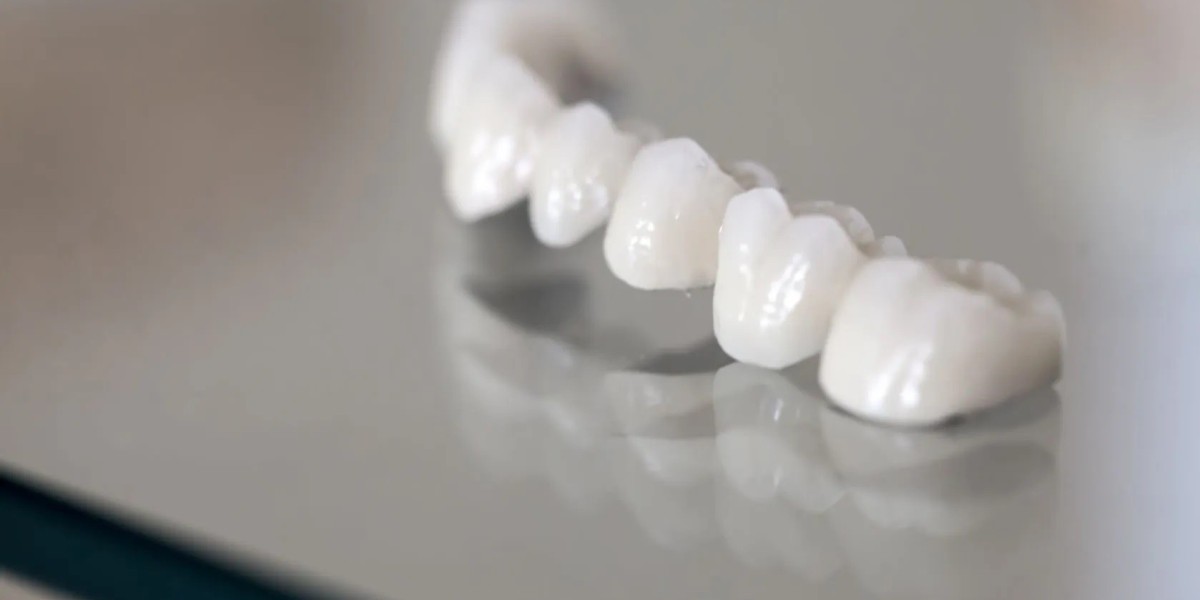A dental crown is one of the most effective solutions for restoring damaged or decayed teeth. Whether it’s used to cover a cracked tooth, support a large filling, or improve the aesthetic appearance of your smile, a crown provides both functional and cosmetic benefits. However, one common question among patients is, “Can a crown last 20 years?”
The short answer is yes, a dental crown can last 20 years or even longer, but several factors influence its longevity. Understanding these factors can help you take proper care of your crown and ensure it remains functional and aesthetically pleasing for many years to come.
Factors Influencing the Lifespan of a Dental Crown
Material Used for the Crown
The type of material used for your dental crown significantly impacts how long it will last. Some materials are more durable than others, and they wear differently over time. Common crown materials include:Porcelain or Ceramic Crowns: These crowns are highly aesthetic and can mimic the natural appearance of your teeth. They are often used for crowns in the front of the mouth. However, they may not be as durable as metal crowns and can wear down over time, especially if you grind your teeth or have an improper bite.
Metal Crowns: Metal crowns, such as gold or other alloys, are the most durable. They are less prone to chipping or cracking compared to porcelain crowns and can easily last for 20 years or more. Their main downside is that they are noticeable in visible areas, which makes them less suitable for front teeth.
Porcelain-Fused-to-Metal (PFM) Crowns: These crowns combine the aesthetic appeal of porcelain with the strength of metal. They are durable and offer a natural appearance, though the porcelain can wear down over time and expose the metal underneath.
Zirconia Crowns: A newer material, zirconia is known for being incredibly strong and long-lasting. It also has a more natural look compared to traditional metal crowns and is highly resistant to wear and fracture. Zirconia crowns are becoming increasingly popular for both front and back teeth.
How Well the Crown Fits
The longevity of a dental crown is also affected by how well it fits on the tooth. A properly fitted crown will protect the underlying tooth structure and prevent issues like leakage, decay, or damage to the tooth beneath the crown. An ill-fitting crown can cause discomfort, irritation, and even lead to tooth decay, which can shorten the lifespan of the crown.Oral Hygiene Practices
Good oral hygiene is essential for the longevity of dental crowns. Brushing twice a day and flossing regularly helps prevent plaque buildup and reduces the risk of decay or gum disease around the crown. Neglecting to maintain oral hygiene can lead to problems that affect both the crown and the underlying tooth, reducing the overall lifespan.Biting and Chewing Habits
Your daily habits can significantly impact the longevity of your crown. For instance, if you tend to grind your teeth, especially during sleep, it can cause undue stress on the crown and lead to wear and tear. Additionally, chewing on hard foods like ice, pens, or hard candy can cause the crown to crack or become loose. If you suspect you have a grinding habit, it’s important to speak with your dentist about protective measures like a night guard.Regular Dental Check-ups
Visiting your dentist regularly is key to maintaining the integrity of your dental crown. During check-ups, your dentist will monitor the condition of your crown and the surrounding tooth. They can spot early signs of wear, decay, or damage that may require attention before they become serious problems. Routine visits can help catch issues early and extend the life of your crown.
Can a Crown Last 20 Years?
Yes, a dental crown can last for 20 years, and in some cases, even longer, especially if it’s made from durable materials like metal or zirconia. However, the longevity of the crown depends on factors such as the material used, the condition of the underlying tooth, and your oral habits. Some crowns may need replacement after 10-15 years due to wear, damage, or changes in the structure of the surrounding teeth and gums.
It’s also worth noting that the role of a crown is to protect the tooth underneath it. As your mouth changes over time (e.g., due to tooth movement or gum recession), the crown may need to be replaced to ensure the tooth remains properly protected.
One important aspect to remember is that crowns on back teeth (molars) may experience more wear due to chewing pressure. These crowns tend to have a slightly shorter lifespan than those placed on front teeth, especially if they are made of less durable materials.
If you are looking for a dental crown in Islamabad, it's essential to choose a reputable dental clinic that provides high-quality materials and expert craftsmanship. At Royal Cosmetic Surgery Clinic, we offer a range of options for dental crowns, ensuring that your treatment is personalized and designed to last. You can learn more about dental crowns in Islamabad by visiting our dental crown page for further details.
How to Care for Your Crown to Ensure Longevity
To help your crown last as long as possible, here are a few tips for maintaining it:
Practice Good Oral Hygiene
Make sure to brush and floss around the crown regularly. A soft-bristled toothbrush and fluoride toothpaste will help keep the crown clean and free from plaque buildup.Avoid Hard Foods
Steer clear of chewing on hard objects like ice, nuts, or hard candy. These can cause cracks or damage to the crown.Wear a Night Guard
If you grind your teeth at night, consider wearing a night guard to protect both your crown and natural teeth.Attend Regular Dental Visits
Regular check-ups allow your dentist to detect any early signs of wear or damage to the crown, ensuring timely repairs or replacements when necessary.
Conclusion
A well-maintained dental crown can last 20 years or more, providing you with long-term benefits and a beautiful smile. By choosing the right material, maintaining good oral hygiene, and avoiding habits that could damage your crown, you can extend its life and enjoy its benefits for many years. If you are in need of a durable and aesthetic dental crown, consult with a trusted dentist at Royal Cosmetic Surgery Clinic for expert advice and high-quality treatment.









